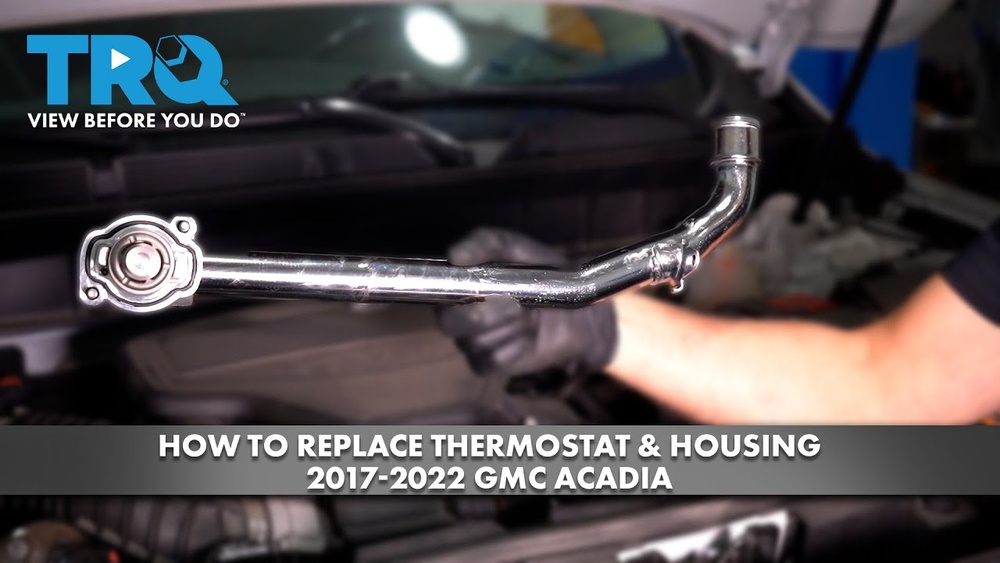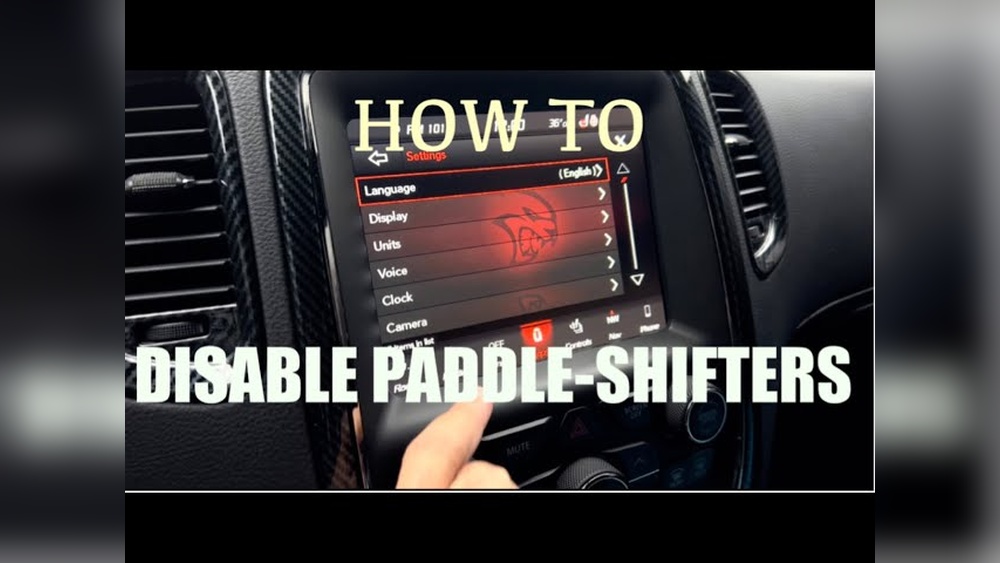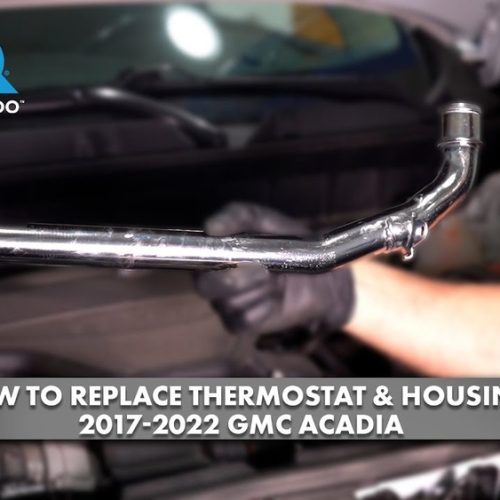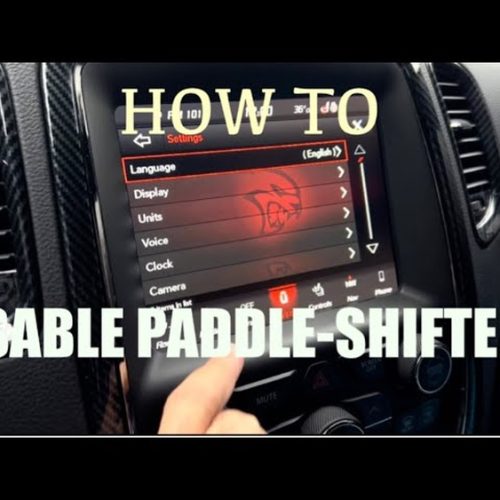Regular car maintenance is essential for vehicle health. But how often is necessary?
Car maintenance can seem overwhelming. With so many parts and systems, it’s hard to know what needs attention and when. Proper maintenance ensures your car runs smoothly and safely. It also helps prevent costly repairs. Understanding your car’s needs can save you time and money.
In this guide, we’ll explore how often different maintenance tasks should be done. This helps keep your vehicle in top shape and extends its lifespan. So, let’s dive into the details and make car maintenance simpler for you.

Credit: www.tirepros.com
Importance Of Regular Car Maintenance
Regular car maintenance is vital. It ensures your vehicle runs smoothly and efficiently. Routine checks and services can prevent unexpected breakdowns. They can also save you from costly repairs. Neglecting car maintenance can lead to severe issues. These issues might endanger your safety and your car’s lifespan.
Prolonging Vehicle Lifespan
Regular maintenance helps extend your car’s life. Simple tasks like oil changes keep the engine healthy. Clean oil reduces friction and wear. Tire rotations ensure even wear. This practice prevents premature tire replacements. Checking and replacing fluids keeps systems running smoothly. Proper fluid levels prevent overheating and damage.
Improving Safety
Maintaining your car improves safety. Brake inspections ensure responsive stopping. Worn-out brakes can fail in emergencies. Regular checks catch these issues early. Lights and signals need to function correctly. They keep you visible and communicate with other drivers. Tire pressure checks prevent blowouts. Correct pressure improves handling and fuel efficiency.
Basic Car Maintenance Tasks
Basic car maintenance tasks keep your vehicle running smoothly. They help prevent costly repairs. Regular checks and simple tasks can extend your car’s life.
Oil Changes
Oil changes are vital for your engine’s health. Fresh oil lubricates moving parts and reduces wear. Old oil can cause damage and reduce efficiency. Most cars need an oil change every 3,000 to 5,000 miles. Check your owner’s manual for the exact interval.
Keep an eye on the oil level and color. Dark, dirty oil means it’s time for a change. Don’t forget to replace the oil filter too. It traps dirt and debris, keeping your engine clean.
Tire Rotations
Tire rotations ensure even wear on your tires. Uneven wear can lead to poor handling and reduced tire life. Rotate your tires every 5,000 to 8,000 miles. This can often be done during an oil change. Check your owner’s manual for specific recommendations.
Proper tire rotation improves fuel efficiency. It also provides a smoother ride. Inspect your tires for any damage or uneven wear patterns. Keeping your tires in good shape is crucial for safety.
Monthly Maintenance Checks
Regular car maintenance is crucial for your vehicle’s longevity. Monthly maintenance checks can prevent minor issues from becoming major problems. Consistent checks ensure your car runs smoothly and safely.
Inspecting Fluids
Check your car’s fluid levels every month. This includes oil, coolant, brake fluid, power steering fluid, and windshield washer fluid. Low fluid levels can cause significant damage. Top off the fluids if needed. Also, look for any leaks under your car. Leaks can indicate serious issues.
Checking Tire Pressure
Monthly tire pressure checks are essential. Proper tire pressure ensures a smooth ride and better fuel efficiency. Use a tire pressure gauge to check each tire. Compare the pressure with the recommended levels in your car’s manual. Inflate or deflate your tires as needed. Also, inspect the tire tread for wear and tear. Worn tires can affect your safety on the road.
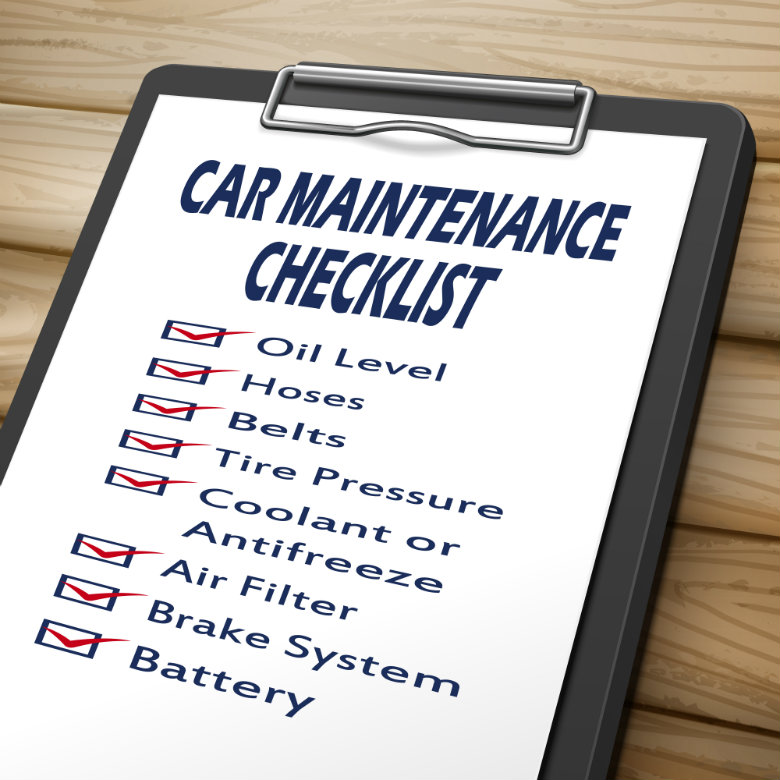
Credit: www.nationaldispatch.com
Quarterly Maintenance Tips
Regular car maintenance every three months keeps your vehicle running smoothly. Check oil, brakes, and tire pressure to ensure safety.
Keeping your car in good shape is essential. Quarterly maintenance helps avoid costly repairs. Regular checks ensure your vehicle runs smoothly. Here are some key tips to keep your car in top condition.Battery Health
Check your car’s battery every three months. Look for corrosion on the terminals. Clean them if needed. Ensure the battery is securely mounted. Test the battery voltage using a voltmeter. A healthy battery should read around 12.6 volts when fully charged. If the reading is lower, consider charging or replacing the battery.Brake Inspections
Inspect your brakes every three months. Listen for unusual noises. Squeaking or grinding sounds indicate worn brake pads. Check the brake fluid level. It should be between the minimum and maximum marks. Examine the brake lines for leaks. Ensure the brake pedal feels firm when pressed. Replace brake pads if they are thin. This ensures safety on the road. “`Semi-annual Maintenance Routine
Keeping your car in top shape requires regular care. A semi-annual maintenance routine ensures that your vehicle runs smoothly and safely. This routine is essential for preventing minor issues from becoming major problems. It includes specific tasks that you should not overlook. Let’s explore some key aspects of this routine.
Wheel Alignment
Wheel alignment is crucial for your car’s performance and safety. Misaligned wheels can cause uneven tire wear, leading to reduced tire life. They can also affect your vehicle’s handling, making it harder to control.
Check your alignment every six months. This ensures your tires wear evenly and your car handles properly. A professional mechanic can assess and adjust your alignment as needed. Here are some signs that you need an alignment:
- Your car pulls to one side.
- The steering wheel is off-center when driving straight.
- Uneven or rapid tire wear.
Air Filter Replacement
The air filter keeps dirt and debris from entering your engine. A clean air filter ensures optimal engine performance and efficiency. Replacing your air filter every six months is a good practice.
A dirty air filter can decrease fuel efficiency and reduce engine power. Here’s a quick guide to check and replace your air filter:
- Locate the air filter box, usually near the engine.
- Open the box and remove the old filter.
- Check the filter for dirt and debris.
- If dirty, replace it with a new filter.
Keeping your air filter clean helps your engine breathe better. It also enhances fuel efficiency and performance.
Annual Maintenance Schedule
Maintaining your car annually is crucial for its longevity and performance. Regular checks ensure safety, save money, and prevent breakdowns. An annual maintenance schedule covers key areas that keep your car running smoothly. Let’s break down the essential tasks in your yearly routine.
Full Service Inspection
A full service inspection is vital. It checks every major system in your car. Mechanics look at brakes, tires, lights, and fluid levels. They also inspect the battery and exhaust system. This thorough check ensures your car is in top shape.
Regular inspections catch problems early. This prevents expensive repairs later. It also ensures your car is safe to drive. A well-maintained car runs efficiently and lasts longer.
Coolant Replacement
Coolant is essential for regulating your car’s temperature. Over time, it breaks down and becomes less effective. Replacing coolant annually prevents overheating and engine damage. It also helps maintain your car’s performance.
Old coolant can cause corrosion and rust in your engine. Fresh coolant protects these parts. It ensures your car runs smoothly and efficiently. Regular coolant replacement is a simple way to avoid costly repairs.
Signs Your Car Needs Immediate Attention
Regular car maintenance keeps your vehicle running smoothly. Sometimes, your car needs immediate attention. Ignoring these signs can lead to bigger problems. Recognizing these signs early can save you from costly repairs and keep you safe on the road.
Strange Noises
Strange noises indicate something might be wrong. A squealing noise from the brakes means they need checking. Grinding sounds could signal worn-out brake pads. Knocking noises from the engine can point to issues with the engine’s components. Rattling sounds may suggest loose parts. Pay attention to these sounds. Address them quickly to avoid further damage.
Warning Lights
Warning lights on your dashboard should never be ignored. The check engine light can mean many things. It might be a minor issue or a serious problem. The battery light warns of charging system issues. The oil light indicates low oil pressure. Each warning light tells you something important. Consult your car’s manual to understand each light. Get your car checked if any warning light stays on.
Choosing A Reliable Mechanic
Choosing a reliable mechanic is crucial for your car’s health. A good mechanic ensures that your car stays in top condition. They help you avoid unnecessary repairs and expenses. But how do you find a reliable one? Look for certifications and customer reviews. These can guide you in making the right choice.
Certifications
Certifications indicate a mechanic’s expertise. Look for ASE (Automotive Service Excellence) certification. This shows the mechanic has passed rigorous tests. It also means they stay updated with new techniques. Other certifications from car manufacturers are also good signs. They show the mechanic knows specific car brands well.
Customer Reviews
Customer reviews can reveal a lot about a mechanic. Check online platforms like Google or Yelp. Read both positive and negative reviews. Positive reviews suggest good service. Negative reviews can highlight potential issues. Pay attention to how the mechanic responds to complaints. Good communication skills are essential for a reliable mechanic.
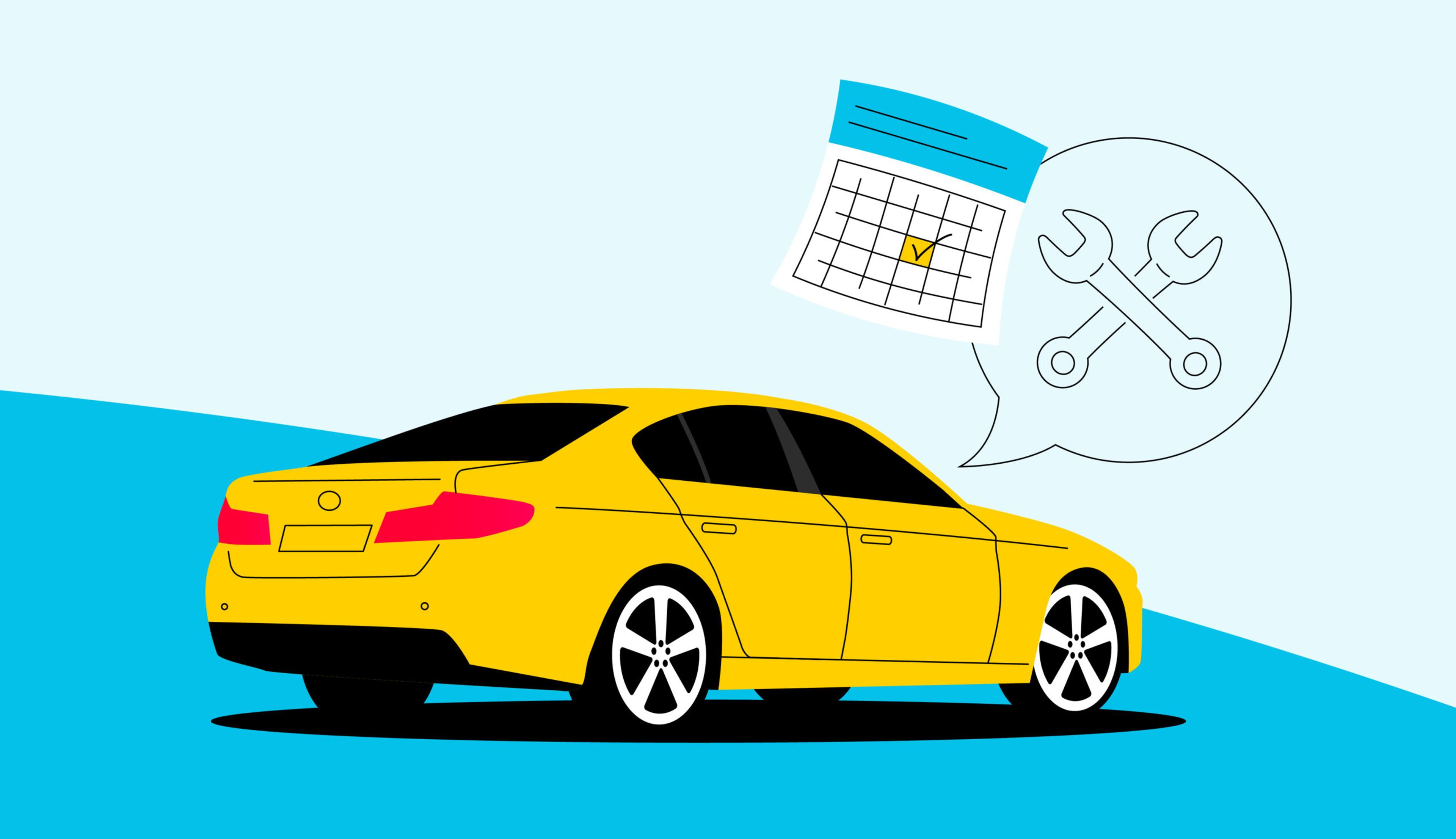
Credit: www.carvertical.com
Frequently Asked Questions
How Often Should I Change My Car Oil?
You should change your car oil every 3,000 to 5,000 miles. Check your owner’s manual for specific recommendations. Regular oil changes keep your engine running smoothly.
When Should I Check My Tire Pressure?
Check your tire pressure at least once a month. Proper tire pressure improves fuel efficiency and safety. Always refer to your car’s manual for the correct pressure.
How Often Should I Replace My Air Filter?
Replace your air filter every 12,000 to 15,000 miles. A clean air filter improves engine performance and fuel efficiency. Check it more frequently in dusty conditions.
When Should I Inspect My Brakes?
Inspect your brakes every 6 months or 6,000 miles. Listen for any unusual noises or vibrations. Regular brake inspections ensure your safety on the road.
Conclusion
Regular car maintenance keeps your vehicle running smoothly. Stick to a schedule. Oil changes, tire rotations, and brake checks are essential. Consult your car’s manual for specific guidelines. Trust a reliable mechanic for inspections. Regular attention prevents costly repairs. Your car will last longer and perform better.
Always prioritize safety and efficiency. Keep your vehicle in top condition. Regular maintenance is key. Drive with confidence and peace of mind.

